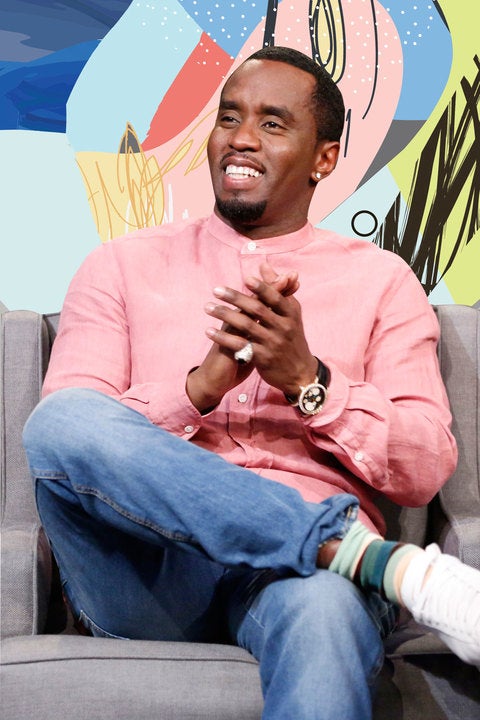
On Sunday, Carolina Panthers owner Jerry Richardson, announced that he would be putting the team up for sale. The announcement came late in the evening amid allegations of inappropriate workplace behavior by Richardson.
As reported by Sports Illustrated, in addition to sexual misconduct, Richardson was accused of using a racial slur that led to a settlement with a scout, making a comment about Black players’ appearances and threatening to discipline players who addressed social issues.
Soon after his announcement Sean “P. Diddy” Combs — the music and media mogul who’s worth $820 million according to Forbes— tweeted that he’d be interested in buying the team.
“I would like to buy the @Panthers. Spread the word. Retweet,” he said, followed by, “There are no majority African American NFL owners. Let’s make history.”
Replying to his response was Golden State Warriors’ Steph Curry and former San Francisco 49ers’ player Colin Kaepernick who both wanted to join in on the deal.
The dialogue got fans excited for the potential to diversify the league and for high-profile men to change the dialogue about the pervasive racism rampant in the NFL.
But then Henry Wofford, a Black anchor at NBC Sports in San Francisco shucked and jived his way into the conversation.
While chatting about Diddy’s tweets on Monday with fellow anchor Darya Folsom, he questioned the mogul’s ability to own and operate a team.
“How can you seriously take Diddy seriously,” he began while chuckling with Folsom. “The guy looks high right there in that picture. He looks like he just smoked a blunt and drank a 40 (ounce beer)…. I’m not taking him seriously, Darya, no. You gotta stay in your comfort zone. If you know music, go and do your music thing.”
Folsom chimed in, “I don’t even know what Diddy does anymore. What does Diddy do?” To which Wofford responded, “Diddy’s drinking and smoking right now. I told you, you can tell by looking at this video. The man looks like he’s in another world. You can’t take him seriously.”
Before moving forward, it must be noted that there wasn’t just a tinge of racism and stereotyping in this dialogue —it was blatant.
Suffering major backlash from the Internet, Wofford wrote a six-paragraph apology saying he didn’t “intend to question what he’s (Diddy) capable of accomplishing in the future,” wasn’t “playing on racial stereotypes” and Folsom “is a very professional journalist and I would never want to see anyone blamed for something I said.”
But believe it or not, Wofford’s apology plays into another stereotype that, in this case, is accurate.
You know his type. The Black sports’ talking head who performs for the affection of White America in an attempt to distance himself from anything too Black or too conscious or too controversial —all for the sake of keeping his comfortable place in mainstream media.
His type would never, ever try to defend someone like Diddy, but he’d also cape for a grown ass White woman who played a part in the offensive conversation and can (and should) fess up to her part.
By being sanitized of the Black plight and struggle, people like Wofford play a devious and destructive part in our progression.
So Wofford can take his apologies somewhere else. Maybe give them to the network he’s trying to do damage control for. And Diddy, we hope that you or someone else of color are able to break barriers in a league that’s taken so much from African Americans already.